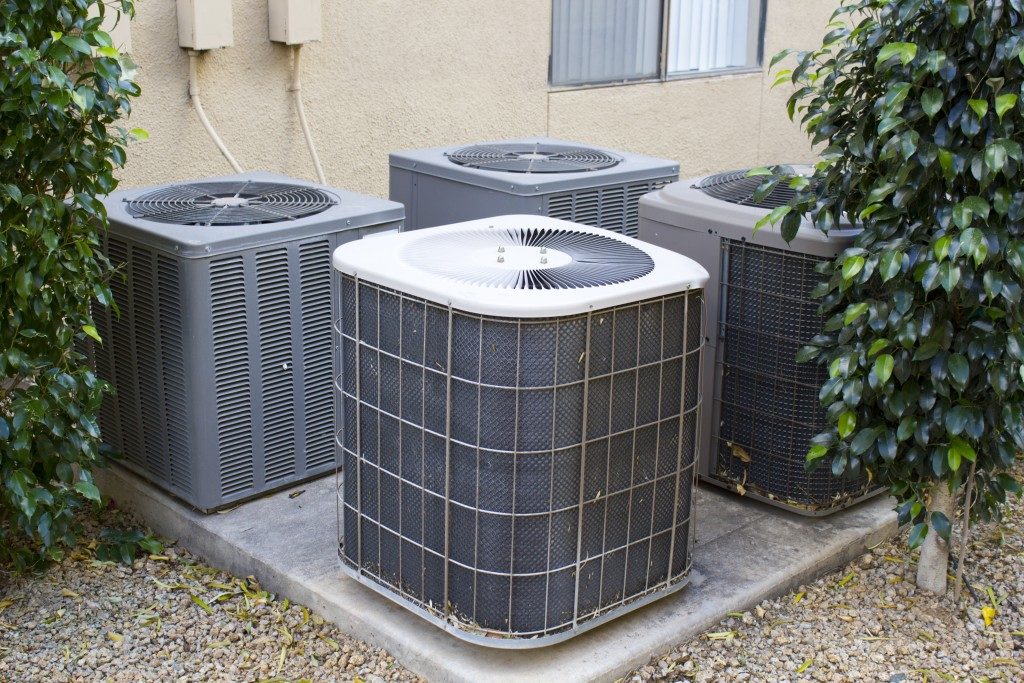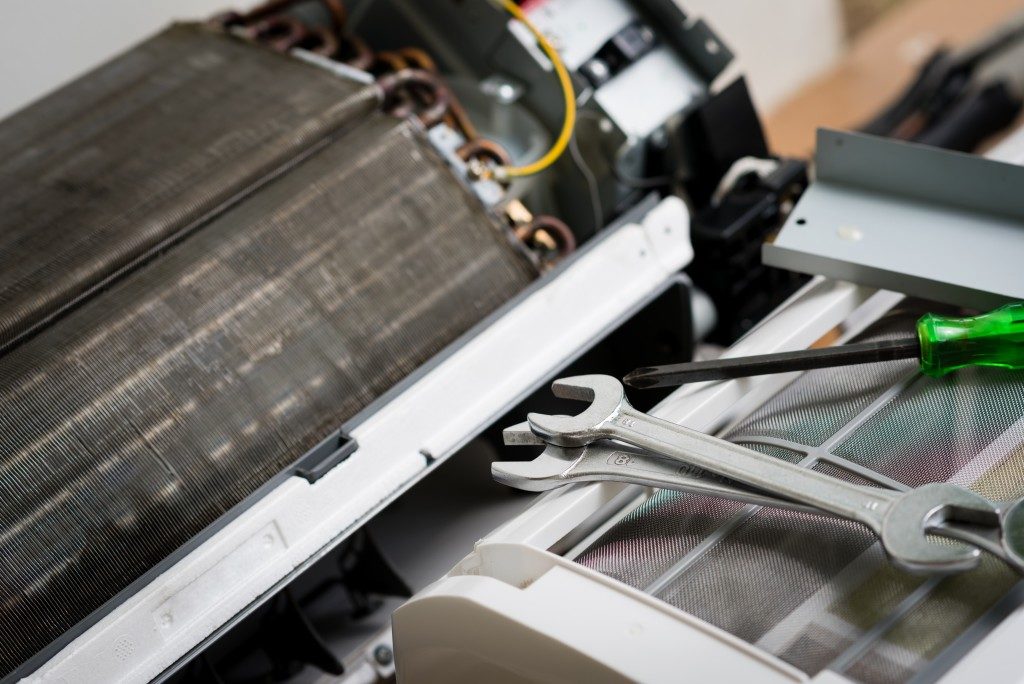Coil corrosion is one of the most expensive elements in the HVAC sector. It necessities the need for regular evaporative coil replacement and at times the replacement of an entire HVAC unit. It is also responsible for about 40% of the air conditioning failures in industrial applications. There are two leading categories of HVAC coil corrosion including formicary and pitting corrosion. Pitting corrosion is caused by the chloride and fluoride ions in water while formicary corrosion results from the formic and acetic acids in most cleaning products.
Riverview-based AC repair technicians will recommend a preventive rather than frequent corrective solution for your HVAC system. This will not only save you on the costs of frequent repair but also prolong the durability of your HVAC unit’s coils and ultimately the entire system. The following are some of the coatings used on HVAC coils to prevent their corrosion.
Polyurethane Coatings
These have been used since the 1940s and are available as bouncy rubber, hard fiberglass, soft foam, and sticky glue products. Polyurethane coatings are inexpensive and thinner, more flexible and less viscous compared to other coatings. They are available in 25-50 microns which suffices for most environments in which your HVAC components are at risk of corrosion. Unfortunately, polyurethane coatings are not as durable as other coatings.
Phenolic-Based Coatings
These are also called epoxies and are the lowest costing HVAC unit coatings available. They have excellent chemical and heat resistance and come in 50-100 micron ratings. A high micron rating for your phenolic-based coating generally means a thick coating and high viscosity. This might however not be the ideal solution since the thick coating reduces the heat transfer to the refrigerant in your coils from the air. It is hence essential to have the thickness for your epoxy coating carefully calculated to minimize the risk of a decreased capacity and efficacy in your unit.
Fluoropolymer Coatings
These are renowned for their high resistance to corrosion from bases, acids, and solvents. They are applied to HVAC components using an electrostatic powder coating or thermal sintering. Unfortunately, these application methods are high cost and thus generally limited to large commercial and industrial establishments. There are several fluoropolymer sprays in the market which are low cost and easy to apply, but these have limited efficacy.
Silane Coatings

There are several types of silane coatings available with different levels of scratch resistance, hydrophobicity, and flexibility. The micron rating of silanes is about 10, and they form a very thin coating on your HVAC unit’s parts. They hence have little effect on the operation of your entire system. Though more expensive compared to other coatings, silanes have extended durability when properly applied.
Leaks and a breakdown of various components are the typical consequences of corrosion on different parts of your HVAC unit. Property owners assume that the above coating systems are only applicable for HVAC units used in saltwater surroundings and industrial applications. They are however essential for all properties with an HVAC unit irrespective of the level of corrosion risk in your environment. AC technicians will apply the coatings twice annually to guarantee their optimal protection of your coils and an optimal air conditioning unit’s operation.


